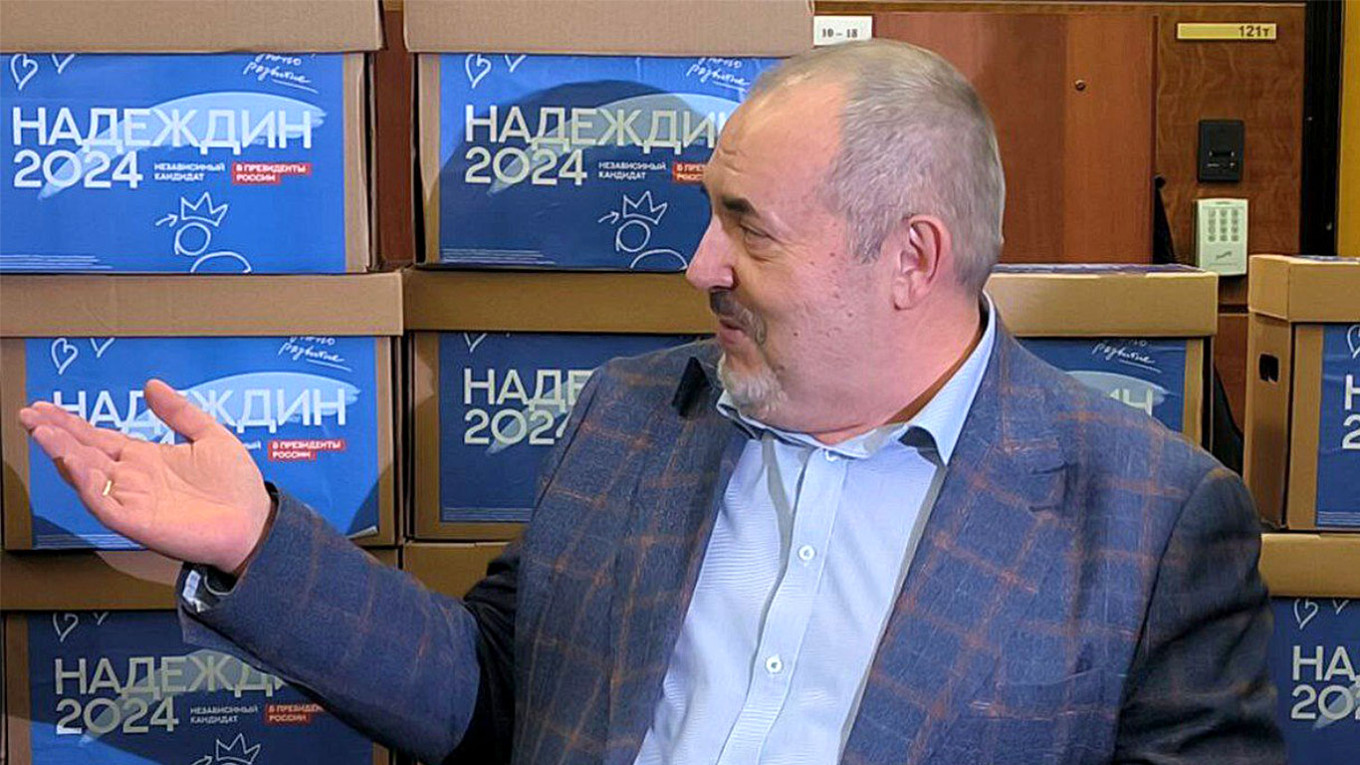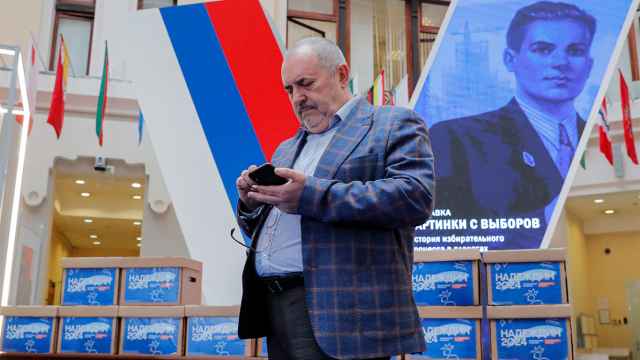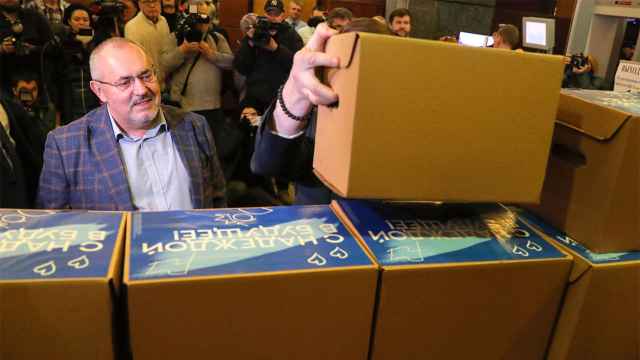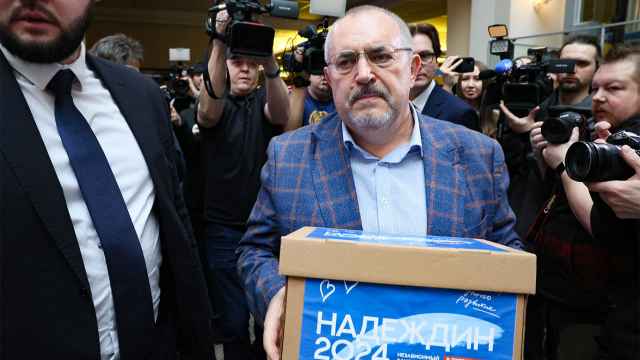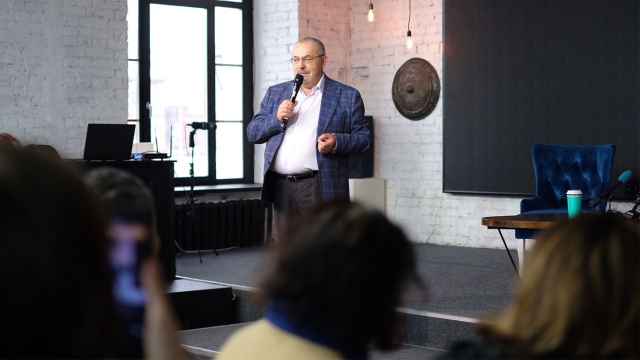Russia's Central Election Commission (CEC) on Tuesday agreed to give pro-peace presidential hopeful Boris Nadezhdin an extra day to resolve thousands of errors in endorsement signatures before it decides whether to officially register him as a candidate in the March presidential election.
Just hours earlier, Nadezhdin said he had asked the CEC to give him more time to sort through thousands of signatures submitted by his campaign team that election officials say contain flaws. The presidential hopeful had requested for the review to be postponed until Saturday.
"Showing goodwill and taking into account the requests of the remaining nominated but not registered candidates who submitted signatures... today [CEC] decided to postpone from Feb.7 to Feb. 8 the meeting... to consider the registration of all remaining nominated candidates," election chief Ella Pamfilova said in a statement.
"Since the share of invalid signatures identified by experts turned out to be quite significant... it will take more time to familiarize candidates with the conclusion of the working group," she added.
Nadezhdin had said earlier that it was “absolutely impossible” for his team to verify the volume of allegedly flawed signatures by the time he is scheduled to meet with election officials on Wednesday. Overall, his campaign submitted 105,000 signatures to the CEC.
“[The postponement] will allow me to examine the complaints about signatures and better prepare my objections,” Nadezhdin wrote.
He had said his campaign would need to prove the validity of 4,500 signatures to be eligible to run in the presidential race.
His campaign suggested that some of the flaws found in the signature papers were due to errors in the CEC's digitization of endorsees' personal information written by hand.
Nadezhdin, who hopes to run as a candidate from the Civic Initiative party, has seen a surge of support over the past month as scores of Russians seek to safely express their opposition to the war in Ukraine.
The Kremlin has said it does not view Nadezhdin as a rival to President Vladimir Putin, who is widely expected to win his fifth overall term in office.
A Message from The Moscow Times:
Dear readers,
We are facing unprecedented challenges. Russia's Prosecutor General's Office has designated The Moscow Times as an "undesirable" organization, criminalizing our work and putting our staff at risk of prosecution. This follows our earlier unjust labeling as a "foreign agent."
These actions are direct attempts to silence independent journalism in Russia. The authorities claim our work "discredits the decisions of the Russian leadership." We see things differently: we strive to provide accurate, unbiased reporting on Russia.
We, the journalists of The Moscow Times, refuse to be silenced. But to continue our work, we need your help.
Your support, no matter how small, makes a world of difference. If you can, please support us monthly starting from just $2. It's quick to set up, and every contribution makes a significant impact.
By supporting The Moscow Times, you're defending open, independent journalism in the face of repression. Thank you for standing with us.
Remind me later.


